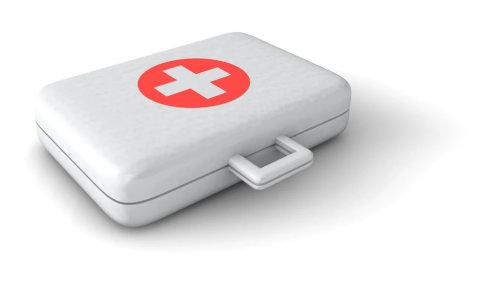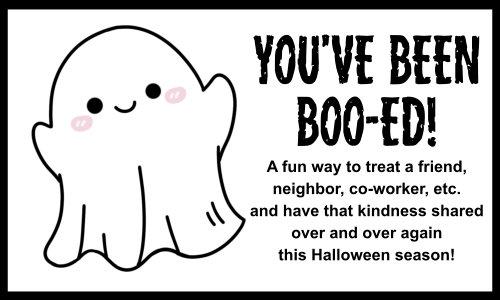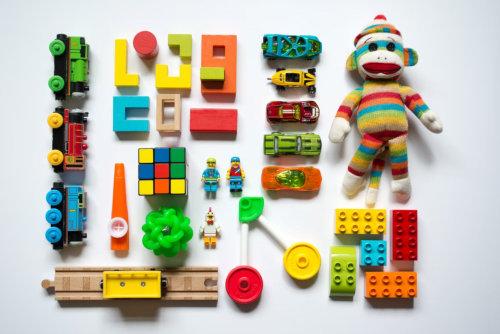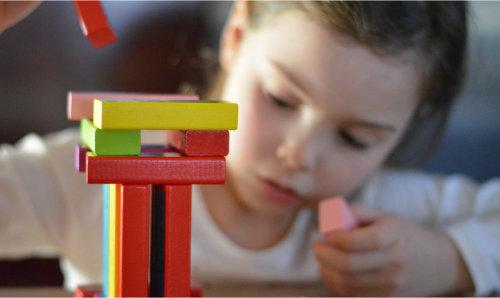GON Reader Question
Hi Maria,
The reason I love your newsletter is that it’s quick to read and gives me inspiration to organize something daily. One area I don’t know if you ever touched on is organizing a first aid area in your
home or car. You never know when someone might need medical attention.Thanks for all your advice on organizing.
-- Karen in Concord, Ohio
Response from Maria
Hi Karen,
Thank you for your wonderful feedback and your suggestion about organizing a first aid area at home and in the car. It's a crucial aspect of
preparedness, and I'm delighted to offer some insights into typical items for both locations.
Home First Aid Kit
First off, be sure everyone knows where it is and consolidate all items so they're easily found. My family keeps ours in one of our upper kitchen cabinets.
Here are some important items to include:
Bandages and Adhesive Strips: Various sizes for different wounds.
Sterile Gauze: To clean and cover wounds.
Antiseptic Wipes or Solution: For disinfecting wounds.
Scissors and Tweezers: For cutting bandages or removing splinters.
Pain Relievers and Allergy
Helpers: We always have acetaminophen, ibuprofen, antacid, and antihistamine at-the-ready. Check periodically to be sure none are getting close to their expiration dates. If they are, get a new supply.
Thermometer: To monitor body temperature.
Medical Gloves: To protect both the caregiver and the patient.
Medical Tape: For securing
bandages.
If you don't want to put a kit together on your own, get a ready-made one! They're well-stocked with most of what you need. Also, be sure to download the American Red Cross First Aid App on your phone. It's invaluable in the event of an emergency, giving you information on exactly what to do.
Car Safety Extras
Basic First Aid Supplies: Just like a home first aid kit, it's a good idea to have one in your car. So I won't list the same items again. But, I will list some safety extras to always have in your
car.
Flashlight and Batteries: In case of emergencies at night.
Emergency
Contact Information: Include medical information for each family member. Yes, you may have it on your phone, but what if your phone is broken, runs out of charge, etc.? Always have a paper copy.
Emergency Whistle: To attract attention if needed.
Multipurpose Tool: Including a knife and other useful tools.
Compact Mylar Blanket: Takes
up less space than a traditional blanket.
Tourniquet: In case of severe bleeding.
Instant Cold Packs: For treating injuries and reducing swelling.
Water Bottles and Non-Perishable Snacks: For hydration and sustenance during emergencies.
Jumper Cables and Reflective Triangle: For car-related emergencies.
Snow Traction: Get snow traction boards and keep them in the car, in case your car gets stuck
in the snow or in mud. Periodically check and/or replenish the contents of both kits to ensure everything is up-to-date and in good condition.












